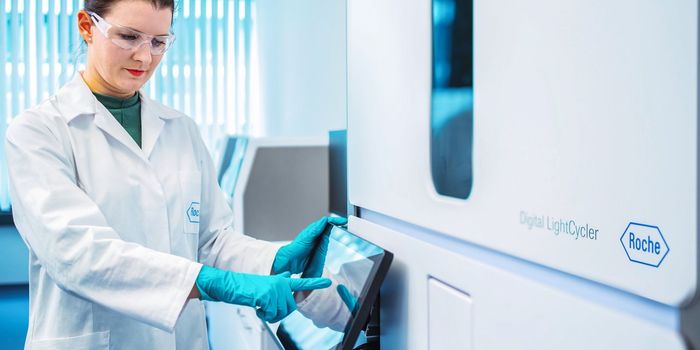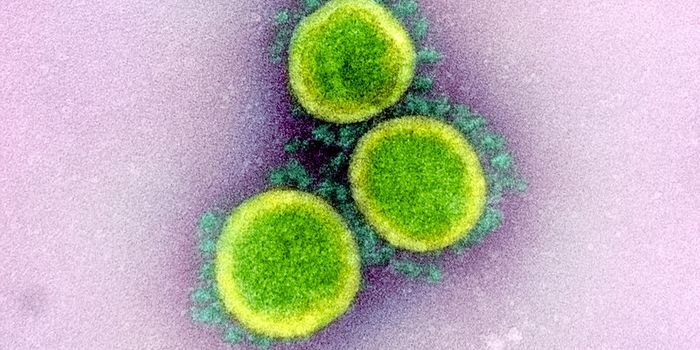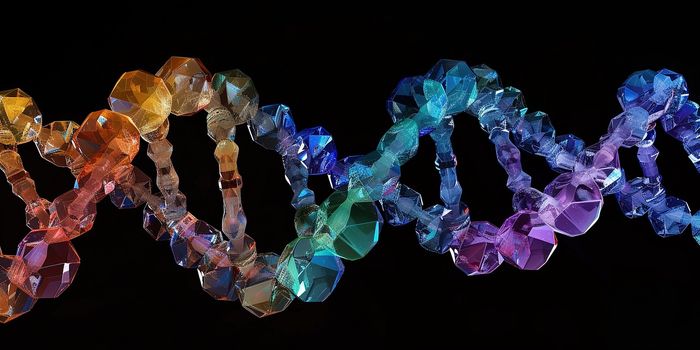Urine Tests Sets Parents' Minds at Ease in Minutes After a Miscarriage Threat
Researchers have developed a chip-based test that can determine pregnancy outcomes after the signs of a possible miscarriage, such as pain and bleeding. By leveraging advances in nanotechnology, the assay provides answers in just half an hour.
The first trimester is a trying time for pregnant mothers, with as many as one in five pregnancies facing miscarriage threats during this critical period. After presenting with symptoms, there is no easy way to determine if the pregnancy is at risk. Apart from invasive clinical procedures, there is also a serum progesterone test, which can take several hours to perform.
Scientists from Singapore’s Nanyang Technological University hypothesized that a technique called surface-enhanced Raman scattering (SERS) could hold the key. This is a surface-sensitive technique for detecting “ultratrace” amounts of biomarkers within complex biological samples such as blood or urine. The team created a diagnostic chip that is coated with a chemical called 4-mercaptophenylboronic acid, or MPBA. This acts as a chemical net, capturing these miscarriage-related biomarkers in the urine.
"Usually molecules associated with miscarriage risk are simply too dilute within the body's fluids and challenging to detect at low concentrations,” said study lead Ling Xing Yi. “To solve this problem, our group developed an innovative SERS 'confine and capture' approach and used a chemical 'targeting agent' to isolate miscarriage-related biomarkers from urine, resulting in speedy detection of miscarriage risk."
The team validated the new technology in a cohort of 40 pregnant women who sought medical help after experiencing the symptoms of threatened miscarriage. The test results lined up with pregnancy outcomes in all 40 patients.
“This non-invasive toolkit will enable clinicians to predict the risk of a spontaneous miscarriage in women who presents with a threatened miscarriage,” said obstetrics and gynecology expert Ku Chee Wai, who also contributed to the study.
“Early detection will also allow these pregnant women to receive counseling, medical interventions, or be under close medical management for adverse pregnancy outcomes throughout the rest of their pregnancy. It can also allay the fears and worries of pregnant women who are at low risk of miscarriage and improve their pregnancy experience.”
The team has patented the technology and is looking towards commercializing it and expanding its application scope to include diagnostics for other health conditions.
Source: ACS Nano, Nanyang Technological University.









